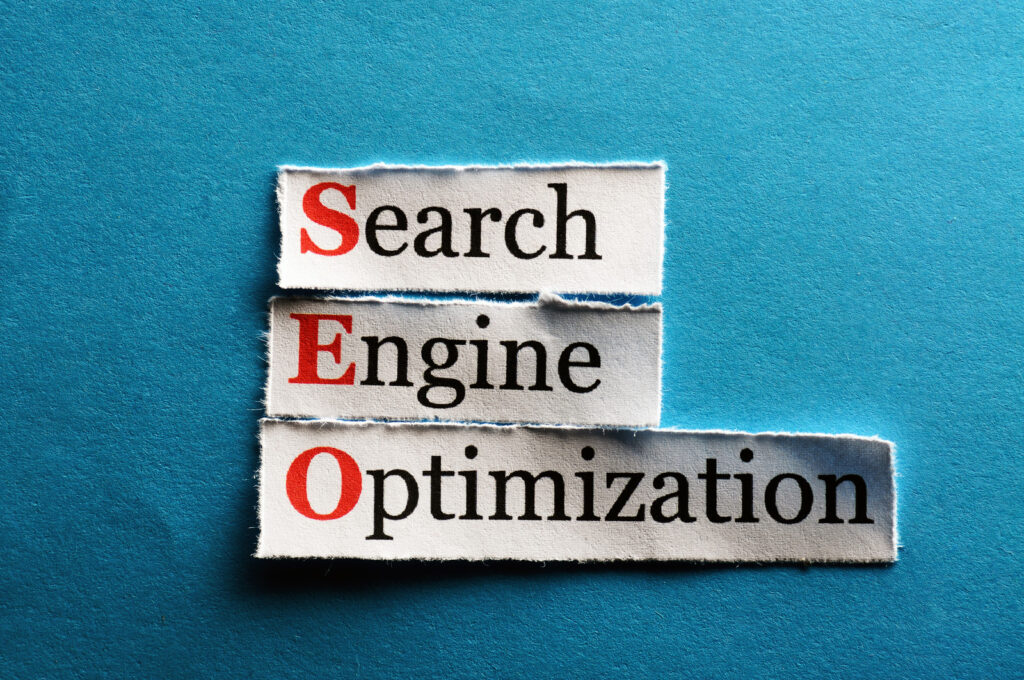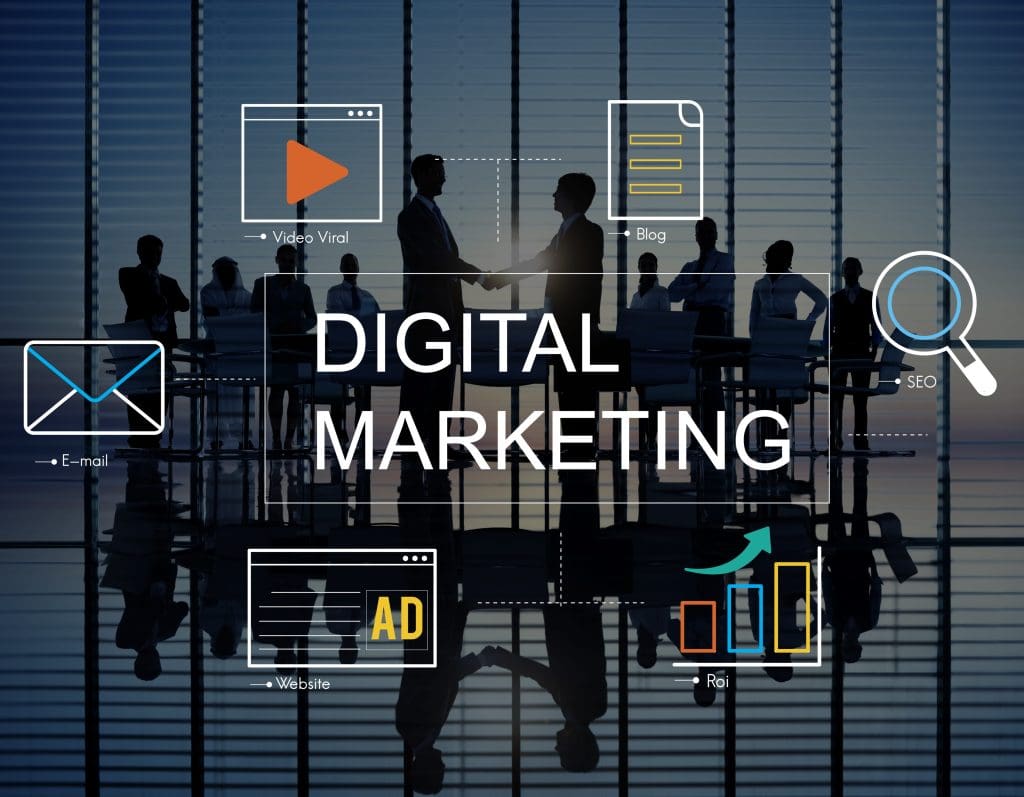In today’s fast-paced world, digital marketing is a crucial component for any business to succeed. With the ever-growing competition in the market, it’s essential to have a solid digital marketing strategy to help your business stand out and gain a competitive edge.
In this article, we’ll explore the key components of digital marketing and how you can master them to grow your business and achieve long-term success.
Introduction to Digital Marketing
Digital marketing refers to any marketing efforts that use electronic devices or the internet to reach potential customers. It’s a broad term that encompasses various digital channels, such as social media, email marketing, search engine optimization (SEO), content marketing, and more. The goal of digital marketing is to connect with the target audience in the right place and at the right time to increase brand awareness, drive traffic, and ultimately, generate leads and sales.
Understanding Your Target Audience
Before you can create an effective digital marketing strategy, you must first understand your target audience. Who are they? What are their interests, pain points, and needs? The more you know about your audience, the better you can tailor your marketing efforts to meet their needs and capture their attention.
Developing a Content Marketing Strategy
Content marketing is an essential aspect of digital marketing that involves creating and sharing valuable content with your target audience to attract and retain customers. A solid content marketing strategy should include the following elements:
- Researching and identifying target audience interests and needs
- Creating high-quality, informative content
- Sharing content across various channels, such as social media, email, and blog posts
- Analyzing the performance of the content and making necessary adjustments
Search Engine Optimization (SEO)

SEO is the process of optimizing your website and content to rank higher in search engine results pages (SERPs). When your website ranks higher in search results, it’s more likely to be seen by potential customers. A solid SEO strategy should include the following elements:
- Conducting keyword research to identify relevant keywords and phrases
- Optimizing website structure, including titles, meta descriptions, and header tags
- Creating high-quality, informative content that includes relevant keywords and phrases
- Building high-quality backlinks to your website from other reputable websites
Pay-Per-Click (PPC) Advertising
PPC advertising is a paid advertising model in which advertisers pay each time someone clicks on their ad. It’s an effective way to drive traffic to your website and reach potential customers who are actively searching for your products or services. A solid PPC strategy should include the following elements:
- Conducting keyword research to identify relevant keywords and phrases
- Creating compelling ad copy that includes relevant keywords and phrases
- Setting up and managing campaigns across various channels, such as Google Ads and social media platforms
- Analyzing the performance of campaigns and making necessary adjustments
Social Media Marketing

Social media marketing involves using social media platforms, such as Facebook, Twitter, and Instagram, to connect with your target audience and promote your brand. A solid social media strategy should include the following elements:
- Researching and identifying which social media platforms your target audience is most active on
- Creating a content calendar that includes high-quality, engaging content
- Sharing content across various social media channels
- Engaging with your followers and responding to comments and messages in a timely manner
Email Marketing
Email marketing involves sending promotional emails to your target audience to promote your brand, products, or services. It’s an effective way to nurture leads and build relationships with your customers. A solid email marketing strategy should include the following elements:
- Building a high-quality email list of subscribers who have opted in to receive your emails
- Creating compelling email content that includes calls to action (CTAs)
- Segmenting your email list to target specific groups of subscribers with personalized content
- Analyzing the performance of email campaigns and making necessary adjustments
Mobile Optimization
With the increasing use of mobile devices, it’s essential to optimize your website and digital marketing efforts for mobile users. A solid mobile optimization strategy should include the following elements:
- Creating a responsive website design that adjusts to different screen sizes
- Optimizing email campaigns for mobile devices
- Creating mobile-friendly ad campaigns across various channels, such as Google Ads and social media platforms
Data Analysis and Optimization
Data analysis is a crucial component of digital marketing that involves tracking and analyzing the performance of your marketing efforts. By analyzing the data, you can identify which strategies are working and which ones need improvement. A solid data analysis and optimization strategy should include the following elements:
- Setting up tracking and analytics tools, such as Google Analytics
- Analyzing data to identify trends and insights
- Making necessary adjustments to digital marketing strategies based on the data
In Summary
In today’s digital age, mastering digital marketing is crucial for the success of any business. By understanding your target audience, developing a solid content marketing strategy, implementing SEO and PPC advertising, engaging with your audience on social media, optimizing for mobile users, and analyzing data, you can create a powerful digital marketing strategy that drives traffic, generates leads, and increases sales.



